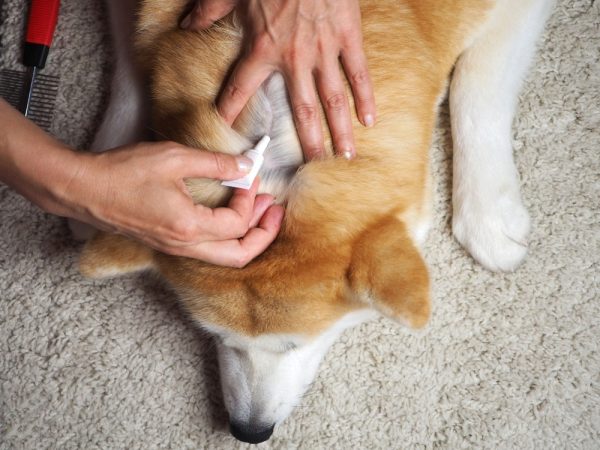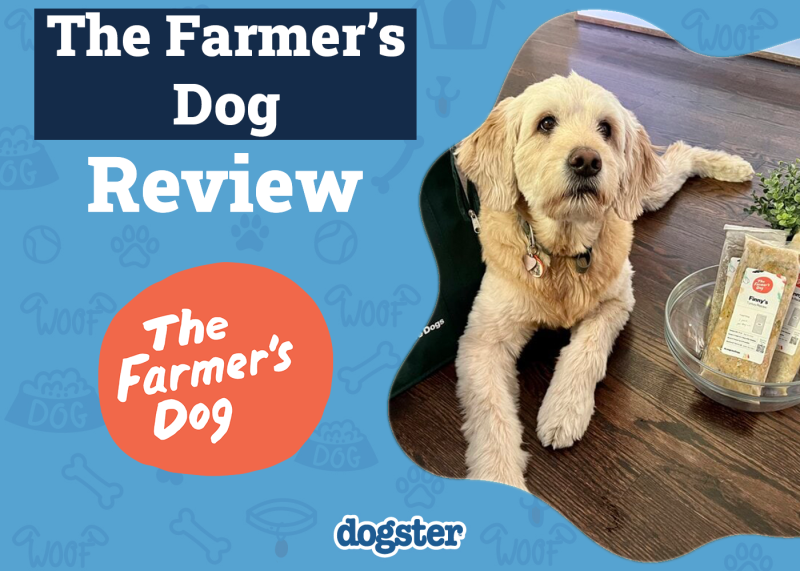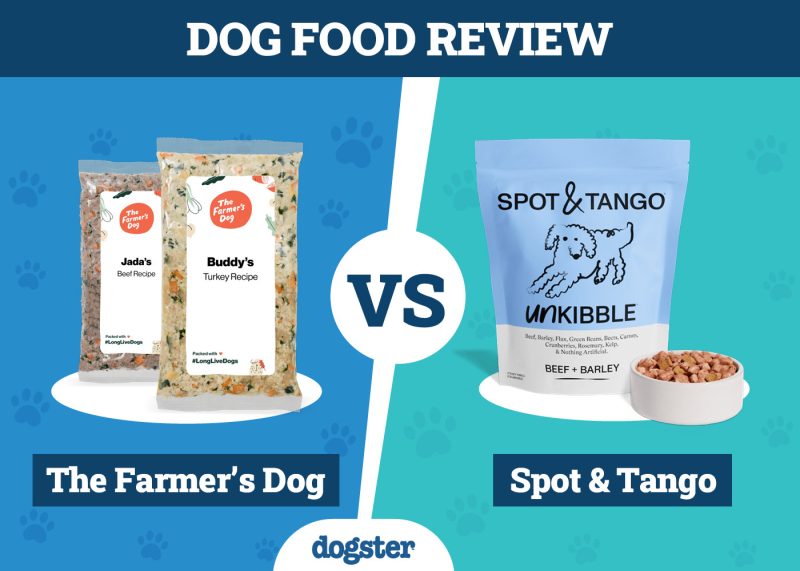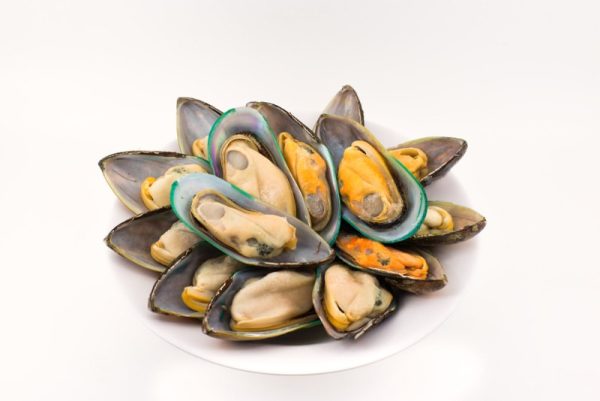In this article
Look, we understand your attraction to French Bulldogs. Their cute, squishy faces and fun personalities will charm almost anyone. Despite that, we believe French Bulldogs may not be the best choice for first-time dog owners due to the large number of health problems in this breed.
First-time dog owners may be unprepared for the expenses and work that comes with various health problems and may not be as aware of the signs of illness.
If you can make peace with the fact that the French Bulldog is one of the shortest-living dog breeds and prepare yourself for potential illnesses, you might find yourself a great pet in a French Bulldog. The French Bulldog doesn’t require a lot of exercise or grooming and is adaptable enough to fit in with most households.

Why French Bulldogs Make Good First-Time Dogs
French Bulldogs are thought by some to be great first-time dogs for a few different reasons. These are:
1. Small Size
French Bulldogs fall into the small category, making them perfect for apartments and smaller homes. However, they’re also more easily controlled than other dogs. Even if a Frenchie isn’t behaving, you can easily pick the dog up and remove them from the situation.
This isn’t typically possible with larger dogs. Being smaller, they are also tired out more easily on walks.

2. Low-Maintenance Coat
French Bulldogs are very low-maintenance when it comes to grooming. They have a short coat that’s extremely easy to clean. They can shed a bit, so brushing is recommended, but you don’t need to worry about mats or clipping. You can shampoo them as often as weekly if they get dirty, but some owners find they only need a bath every few months.
They will also need ear cleaning every week or two, nail clipping every month, and teeth brushing a few times a week. The downside when grooming French Bulldogs comes from their short faces and facial folds.
The skin between these folds can become infected and needs cleaning a few times a week. Some Frenchies also have a fold around the tail that needs cleaning. Saline is a suitable cleaner, but some owners whose dogs get frequent infections clean them with a medicated shampoo. It’s also important to dry this fold after it gets wet, as leaving it wet can lead to infections.
3. Companion Animal
Frenchies were bred as companion animals and as such, they’re typically very loving and affectionate. They’re usually friendly with everyone, including other pets and humans if they are socialized correctly as puppies. A Frenchie may be a great option if you’re looking for a dog to be your best friend.
Since they’re not working dogs, French Bulldogs don’t need too much exercise. They’re companion animals with little endurance. Their shortened snouts also limit their air intake, which lowers their stamina even more. Of course, being unable to breathe well has its downsides, which we will discuss in the next section.

4. Quiet
Unlike other small dogs, Frenchies don’t bark very much. They’re extremely quiet and do well in apartments for this reason. While they will bark sometimes, and some individuals are more vocal than others, they generally aren’t as yappy as other breeds.
Like all dogs, they can bark if over-excited, bored, or scared, which is where the importance of good early socialization comes in again. You should also ensure that your Frenchie has enough exercise and mental stimulation daily to avoid problems. However, these needs won’t be as much as a working dog like a Border Collie.

Why You May Not Want a French Bulldog
With that said, there are some reasons why you may not want a Frenchie. These dogs aren’t perfect and are particularly known for their range of health problems. They’re also extremely expensive to buy and their vet bills can be expensive, making them hard to own.
1. Brachycephalic Obstructive Airway Syndrome (BOAS)
We have alluded to the French Bulldog’s breathing problems earlier in the article. The medical name for this is Brachycephalic Obstructive Airway Syndrome (BOAS). Brachycephalic means short-skulled, which is why they have breathing problems. The nostrils and trachea can be very narrow, and they have a normal-sized soft palate in their short face, which often gets in the way of airflow into their lungs.
This translates to a lot of breathing noise and a poor ability to cool themselves down since dogs’ main way of doing this is panting. They also have a higher risk when they go under anesthesia. If your Frenchie has BOAS, surgery is recommended to widen the nostrils and trim the soft palate.
All Frenchie owners need to take extra care not to overexert their pets or let them overheat. BOAS can be fatal or lead to secondary health problems.

2. Gastrointestinal Problems
There are a few potential birth defects in Fenchie’s, and a few of them involve the gastrointestinal tract. A hiatal hernia can occur when there is a malformation of the diaphragm (the internal barrier between the chest and the abdomen). Especially in dogs with BOAS, the negative pressure also causes part of the stomach to enter the chest cavity.
This leads to chronic regurgitation as food has difficulty entering the stomach. In time, the esophagus becomes inflamed and doesn’t function well, worsening the situation. When they regurgitate food, there is a risk of breathing it in, leading to life-threatening aspiration pneumonia.
Surgery is needed to prevent severe signs and complications. Frenchie’s can also get a congenital thickening of part of the stomach, which results in the narrowing of the exit from the stomach into the intestines. This can also lead to regurgitation and other gastrointestinal signs.
Chronic diarrhea is common amongst French Bulldogs, usually caused by inflammatory bowel disease or food allergies. Interestingly, 93% of French Bulldogs needing BOAS surgery will also have gastrointestinal signs, and their signs can improve after surgery.
3. Spinal Problems
Many French Bulldogs have a malformation in one or more of the bones that make up the spine (vertebrae). The malformed vertebrae are called hemivertebrae and predispose the dogs to spinal cord compression, which can lead to signs like wobbly gait, paralysis, and incontinence.
Severe cases require specialist surgery. Since this is so common among the French Bulldog population, it is recommended that breeders get X-rays to screen their dogs for hemivertebrae before breeding.

4. Allergies
Aside from the skin fold dermatitis that can be seen, French Bulldogs often have dermatitis related to allergies. Allergies can also lead to recurrent ear infections or gastrointestinal problems. They can be allergic to particles in the environment like pollen, plants, or dust.
They can also be allergic to something in their food. The lifelong therapies to manage allergies can add up in cost. Allergies generally aren’t cured unless you completely eliminate your dog’s exposure.
Often, dogs are allergic to more than one thing, so it can be difficult to determine what is setting your dog off. Dermatologists can perform allergy testing, but some dogs are well managed on a special diet or medications.
5. Eye problems
French Bulldogs commonly visit the vet for eye problems. Conjunctivitis, or inflammation of the pink membrane around the eye, is among their most common health problems and is usually treated with eye ointment. French bulldogs can also be born with eyelids that roll inwards.
This is called entropion and results in the eyelashes irritating and sometimes damaging the eye’s surface. A similar effect can occur when they have abnormally placed or “ectopic” eyelashes. Cherry eye is fairly common in Frenchies, too, and occurs when the tear gland in the third eyelid flips out of its normal spot and becomes inflamed and enlarged.
In this case, a red swelling is visible in the inner corners of the eye. Cherry eye, ectopic eyelashes, and entropion can be corrected with surgery.


Final Thoughts
French Bulldogs can make great companion animals for a few reasons. They’re small and sturdy and can live in apartments and smaller homes. They’re also quiet and well-behaved when properly trained and socialized. Many families find that they make great companion animals, as that’s what they’re bred for.
Frenchies unfortunately come with many problems, too. For instance, they’re prone to all sorts of health issues due to their shortened snouts. They’re more prone to anesthesia problems and have trouble with temperature regulation. Their vet bills tend to be very expensive.
Purchasing these dogs is also very expensive. They’re often in the thousands of dollars, making them out of range for many dog owners. If you decide to purchase a French Bulldog, we recommend being very selective about the breeder you choose. Your pup’s parents should be free of health issues, and your breeder should be doing additional screening for health problems.
You must take good care of your dog, including cleaning their skin folds and monitoring for signs of illness. You should also have a plan in place for extensive vet bills, and it’s a good idea to consider pet insurance.
See Also:
- Can French Bulldogs Go Up & Down Stairs? Our Vet Answers
- How Much Exercise Does My French Bulldog Need? Vet Approved Advice
Featured Image Credit: 준섭 윤, Pexels






















